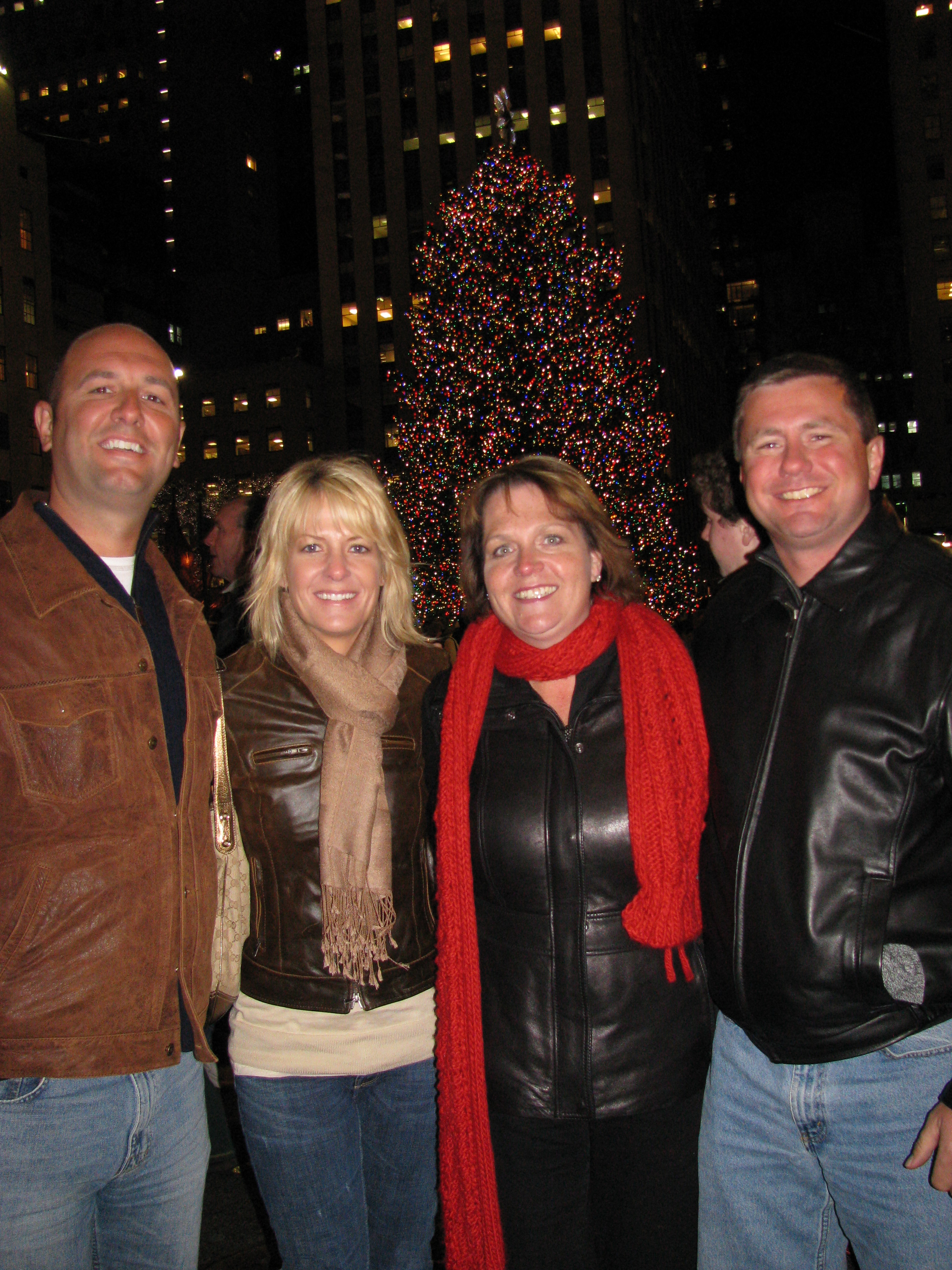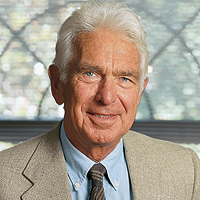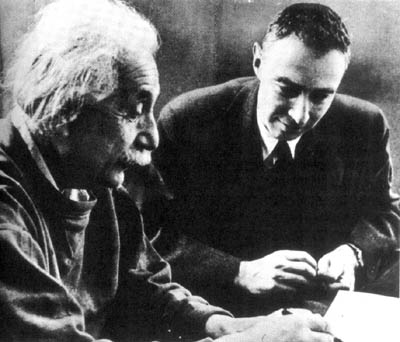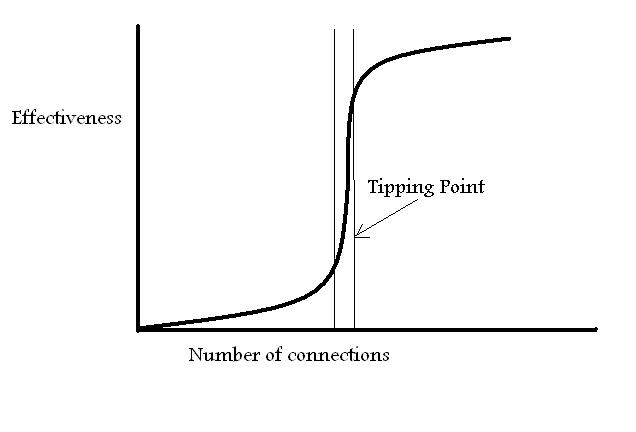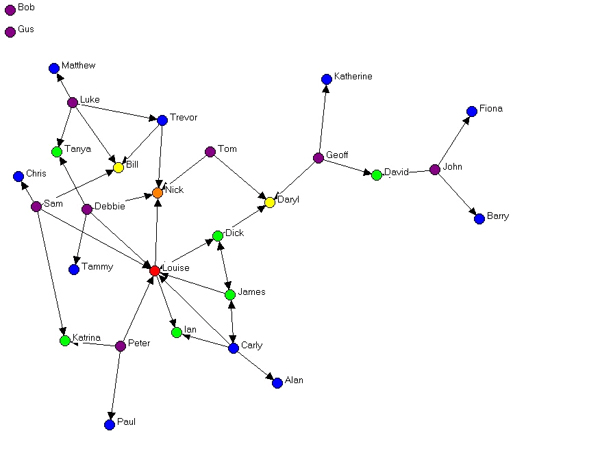Over the years, I have, through reading books and studying great leaders, developed a five step pattern to resolve conflict. Conflict will occur, whether its addressed and resolved, or not addressed and festering is up to the leaders in the community. I know of no other process that leaders can apply to their communities that will yield as positive a result as mastering the conflict resolution process. Conversely, I know of no other way to as quickly destroy a community as conflict aversion. The five step process will only work when both parties want to resolve the conflict, which, surprisingly, isn’t a given today. If both parties are not sold out to the idea that the relationship is more important than the conflict, then no amount of effort from one party will resolve the issue. It takes two or more to get into conflict and it takes the same parties to resolve it. Relationships can bring so much joy into a persons life, sadly, damaged relationship can bring so much heartache into a person’s life. Mastering the ability to resolve conflict quickly, without letting it fester, will improve your relationship and leadership influence. To resolve any conflict, we must assume that both parties desire resolution, willing to sit down in person, meaning a face to face meeting to discuss. This is a major point in resolving any conflict as one cannot pick up the unspoken queues of body language over the phone, through email, etc. If both parties will not agree to sit down, then, most likely, one of the parties no longer values the relationship enough to expend the time and effort. With these background agreements in place, here is the five step pattern to resolve conflict:
1. Affirm the Relationship – I am here because I value your friendship more than I value the discomfort of confronting my hurt feelings.
2. Seek to Understand – Covey’s thoughts on listening are worth their weight in gold, teaching one to seek the others persons feelings, thoughts and perspectives first.
3. Seek to be Understood – After understanding, share one’s feelings, thoughts and perspectives, not in an attacking mood, but in an effort for other party to see one’s views.
4. Own Responsibility by Apologizing – Seek to see where any, if not all of the conflict is one’s responsibility, learning to respond differently in the future. A genuine apology not only affirms the relationship but can do wonders in releasing hurt feelings.
5. Seek Agreement – After both parties have apologized, accepting responsibility for their parts in the conflict, seeking agreement means re-uniting on the common vision that drew both sides together in the first place, agreeing that the cause is bigger then the conflict is for both parties.
Let’s review each of the five steps, learning the process to strengthen relationships through each misunderstanding, instead of, losing relationships each time a misunderstanding arises. The first step is to affirm the relationship before diving into the details. An example opening statement to start the process of resolution, “I am here, even though it’s uncomfortable, because I value our relationship, and would rather be uncomfortable resolving our misunderstandings than comfortable with misunderstanding in our relationship” If you think about it, one must value the relationship to sit down, because if one didn’t value the relationship, then why sit down for conflict resolution at all? Let the other party know why you are sitting down, stressing the importance the other party has played in your life, even asking for prayer to start the process, if both parties are amenable to that. The goal of the beginning affirmations by both parties, is to validate the other person as a human being and a valued relationship. When hurtful issues come up later in the process, both sides should understand that the goals isn’t to attack the person, but only address the issues. People are affirmed, while issues are addressed and adjustments in behaviors made to restore, if not strengthen the relationships.
The second step of the process is to seek understanding from the others person’s vantage point. This is a critical step in the process. The goal should be to listen intently, seeking to see the conflict from the others view, not justifying one’s positions. Let the other party know that you are here to listen and understand what happened from his or her perspective, giving freedom to the other party to share feelings, hurts, and thoughts so you can expand your insights into how the conflict initiated, thinking solutions to ensure better conduct in the future. By letting the other party unburden themselves, not taking the words personally, but taking them professionally, remembering that hurting people can hurt people, one frees the other party from the bitterness building within. Only after listening to the other party, asking questions to clarify and understand, seeking not to defend one’s actions, but only to clearly state the other party’s position, expressing concern over the pain caused by the conflict, is one ready to move to the next step. Even though hurting others may not have been one’s intention, it usually is the reality which should create an empathic spirit before one shares his or her side of the issues. Many times, the hurt is over an expectation not met by one or both parties. Expectations, not clearly spelled out in a relationship, can lead to hurts over expectation not met. Better communication reduces false expectations and the subsequent conflict surrounding them. After listening, one should state back to the other person the concerns addressed, affirming them by summarizing the views expressed, displaying the value placed on the others thoughts and feelings. Genuinely listening to another person is one of the most affirming things that you can do to build people and release misunderstandings.
The third step in the process is to seek to be understood. By this point, you have affirmed the other person by words, by listening, and by taking the time to sit down, only now should one share lovingly the issues from one’s perspective. Hopefully, by affirming the other party, making deposits into the love/respect tank of the other party, they will listen intently to one’s feelings, hurts, and thoughts. The goal is not to blast the other person, but to address the issues, sharing where, in the future, things can be handled differently. Remember, resolution is the object, not justification. One must bring up the issues, but one should not assign motives to the other party. For example, one might state that the other party neglected to call, but when one states that they did so on purpose, one is leaving the real of humanity and entering into the realm of God, because God only knows the motives of others, certainly not us. In fact, it’s hard enough to comprehend our own motives, let alone, claiming to know the motives of others. Share the tough issues without being dogmatic, meaning not saying – you always, you never, etc. Give the other party as many benefits of the doubt as possible. The Bible states, “Love covers a multitude of sins.” In most cases, if the other party has been affirmed, listened to, and loved, the willingness to accept some responsibility for the conflict is increased, making resolution possible. If you focus on incorrect behaviors and actions, rather than incorrect people and motives, your chances of resolution are enhanced greatly.
The fourth step is to own as much of the conflict as possible within the realm of truth. Leaders search for ways to be responsible while protecting the egos of the other party. Just as it takes two to tango, it takes two to be in conflict. The objective, for both parties , is to see where their actions caused pain to the other side, leading to apologies and a restored relationship. Why is it so hard for people to apologize for actions hurtful to others? Many people, even though they know that they are not perfect, refuse to apologize to others, leaving a trail of broken relationships in their wake. But every leader learns that a genuine apology creates more good will than a thousand justifications will ever do. Since we all know that we aren’t perfect, also knowing that others know that we aren’t perfect, what is so hard with apologizing and admitting what everyone knows anyway? The higher that one climbs the leadership ladder, the more that one has to apologize to others, simply because, leaders juggle many things at the same time, leading to some being dropped accidentally. One must learn to apologize properly to others, coming from your heart, not just your lips. But leaders, also, must learn to accept apologies from others, harboring no ill feelings moving forward. As Alexander Pope, the great English writer, wrote, “To err is human, to forgive divine.” Leaders will err, leading to sincere apologies. Leaders will be hurt by others, leading to sincere forgiveness offered to others apologies. If two people genuinely value their relationship, willingly following the five step pattern for resolution, apologizing where they have erred, then restoration is nearly a given.
The fifth and final step in the process is to seek agreement in roles and responsibilities as the partner in the future. Both parties have been affirmed, both sides have been heard, apologies have been made where appropriate, and now agreement for the need to unify is confirmed. The issues, having been flushed from the relationship, leave only the bonds of love and unity remaining. Seeking agreement conveys the strengths of both parties in accomplishing the communities objectives, affirming again the value of both parties working together for the common good. The vision of the community aligns the task of each person together, creating a unity in the team, generating results much easier by the interdependence amongst the leaders. Agreement between the leaders is a form of ‘buy in’, making both leaders desire unity in the team to accomplish a mission bigger than either one of them. Conflict between them is now in the past, a restored unity, leading to greater accomplishments, is in the future. Unity in a community, creates harmony and results, while conversely, lack of unity in a community, creates disharmony and decline. Leaders understand that conflict is a given, but resolution is a choice. Communities who choose to follow the five steps of conflict resolution will enjoy the strength of unity propelling them to uncommon results in the community’s quest. Like I said at the beginning of this discussion, in my twenty plus years of leadership training, I know of no other single strategy, that will hold a team together as well as mastering the five step process of conflict resolution. God Bless, Orrin Woodward












